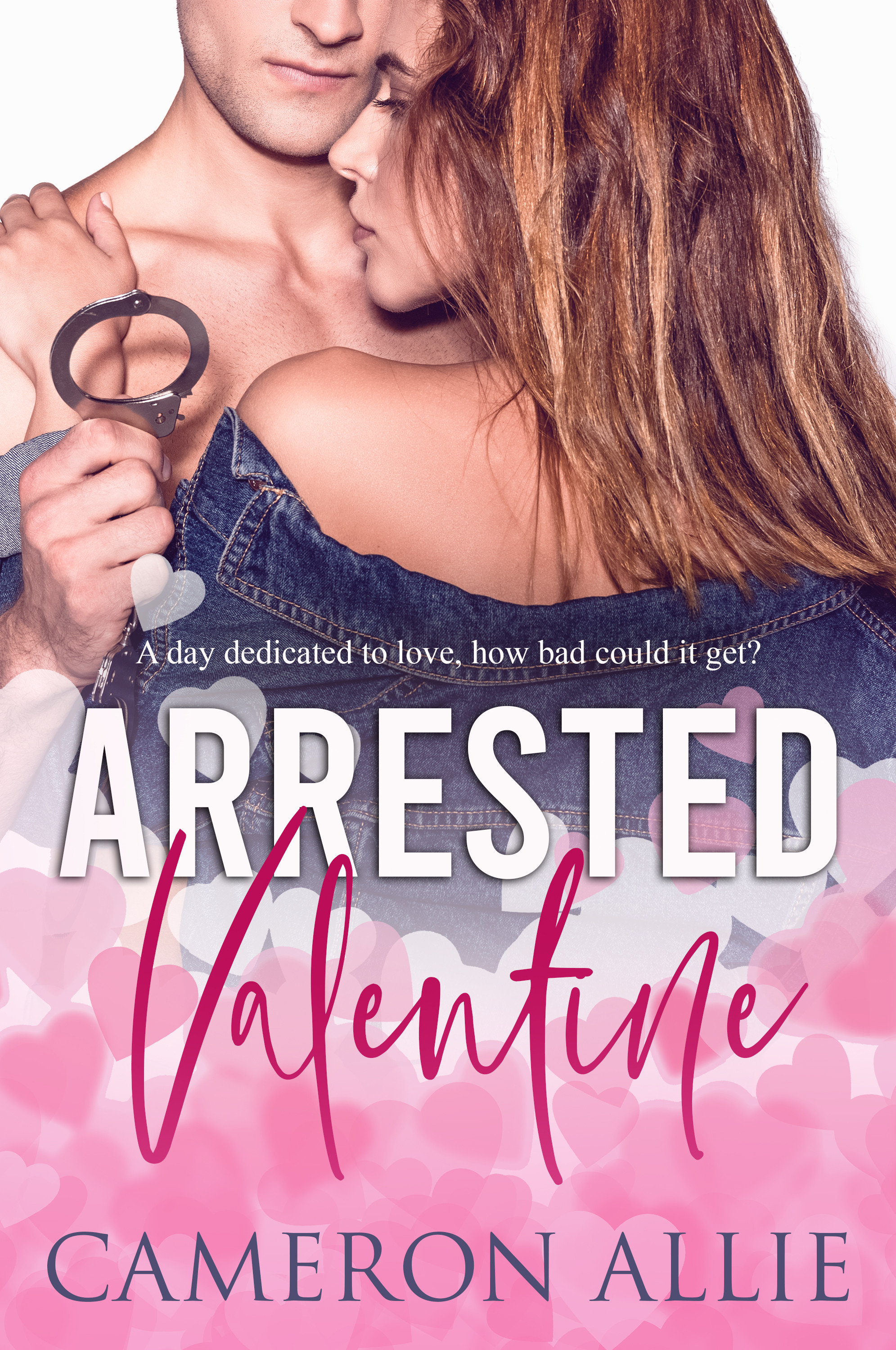When company is coming what do we do? We race around the house and tidy things up, dust everything, sweep, mop, clean the bathrooms, and put away all the junk. We want to put our best foot forward when people visit, we don’t want them to think we live like slops. But let’s be honest the house is never as spotless as when company is almost at the door. I think it takes a special kind of person to ALWAYS fold and put the laundry away when the dryer buzzes, or recycle the newspaper right away each week when the new one is delivered.
This is what comes to mind when I think about editing and revising my manuscript. It’s a mad rush to whip the book into the best shape I possibly can. We want to avoid errors and typos and spelling mistakes. Just like we want visitors to think we’re good house keepers, we want our readers to think we’re brilliant wordsmiths.
I’m not a great speller, and my grammar skills would probably make a literature teacher cringe. And I’ll admit it, I hate commas. But I think I can tell a pretty good story, and I’ve studied the craft for years. I’m going to do my best to clean up my manuscript before it gets into the hands of my readers. I am very thankful for editors!
I always knew that editors would be an important part of my writing life and I’ve got to say so far my experience with them has been great. I love that my editor will leave me little comments in the margin telling me her reactions to various parts within the story. And I know that she’s there to help me out and that we will both work together to make sure that the manuscript is ready for the next step. She’s been absolutely wonderful.
I thought I’d share with you the things I try to keep in mind when it comes to cleaning up my manuscript. Here are some of the practices I keep when it comes to editing and revision.
- Before it even goes to the editor, certainly before you pitch it, read it out loud. I’ve heard this multiple times, but until I read my first story out loud I never realized how much more you catch. All the things that don’t sound right, or things that you missed because your mind already knew what you were trying to say. I can’t stress this enough. READ IT OUT LOUD.
- Be on the lookout for plot holes. Ask yourself: Would this happen in real life? Consider the cause and effect of your character’s actions.
- Common words or phrasing. Watch out for words that you use multiple times. Or descriptions that you’re over using.
- I read this tip from another author (I believe it was Christina Dodd). Check your document for the number of times you used “suddenly” or “just then” and cut at least half of them out.
- Look for inconsistencies. Did your heroine start off the scene in blue jeans, but now all of a sudden your hero is slipping his hand beneath her skirt? Make sure that your characters clothing don’t suddenly change, or that the items in the room aren’t suddenly different than first described. I read a scene to my husband once and he pointed out that the drink my hero was sipping at the bar had changed from whiskey to beer. It’s easy to forget, especially for “pantser” or anytime you don’t write an entire scene in one sitting.
- When I got my edits back for My Mistletoe Master, I created a list of common mistakes I had made. That way as I wrote my next novel I could watch for those mistakes and avoid them. It totally worked. Although, when I got my edits back from Not His Type, I noticed a new error that my editor pulled out again and again. So it goes on the list. With this list by my side, my writing should get cleaner so that the editing process doesn’t take quite as long.
What are some of your best editing practices?

